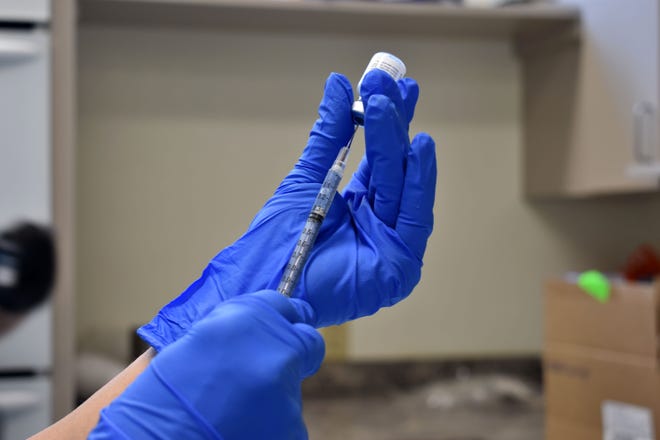The second pill against COVID-19 was approved by US health regulators on Thursday, December 28th, giving another easy-to-use treatment to combat the rising flood of omicron infections, Time reported.
The FDA’s approval came just one day after the agency gave Pfizer permission to market a competitor medication. Because of its higher benefits and fewer side effects, that medication is likely to become the first-line treatment for the infection.

The new medicine, known as molnupiravir, isn’t as effective as Pfizer’s recently approved COVID antiviral pill, and many experts believe the FDA should have never approved it in the first place because it has the potential to develop new SARS-CoV-2 variations.
While Pfizer’s final study analysis revealed up to 90% protection against COVID-19 hospitalisation or death, the efficacy of molnupiravir fell from interim to final reporting. Merck initially claimed that molnupiravir provided roughly 50% protection against COVID-19 hospitalisation or death, but weeks later, a final trial analysis revealed that efficacy had plummeted to around 30%.

Molnupiravir is not the same as Paxlovid, the COVID antiviral from Pfizer. Pfizer’s medication is designed to stop SARS-CoV-2 from replicating by inhibiting the action of a critical enzyme required by the virus. Molnupiravir, on the other hand, works against all RNA viruses. It was first developed in 2018 as a tool to treat influenza, but lab testing found that it might also be used to treat other RNA viruses including Ebola and the first SARS coronavirus.
The independent advisory group ultimately decided to recommend that molnupiravir be approved, but the decision was not unanimous. Following a divided 13-10 vote, a Merck official at the conference stated that the company would not prescribe the medicine to pregnant women. The spokesman did say, however, that these decisions should be made in consultation with patients and their doctors.
Aside from concerns about efficacy and individual safety, several experts have speculated that molnupiravir’s mutagenic method of action could hasten the emergence of new variations. In theory, a treatment that pushes a virus to mutate could result in mutations that don’t kill the virus but make it more virulent.
Michael Lin, a Stanford University neurobiologist, was even harsher in his assessment of the FDA’s molnupiravir approval, calling it “the worst decision in its history.” Lin claims that molnupiravir has never been approved for broad use, and that more effective and safer alternatives have already been discovered.


